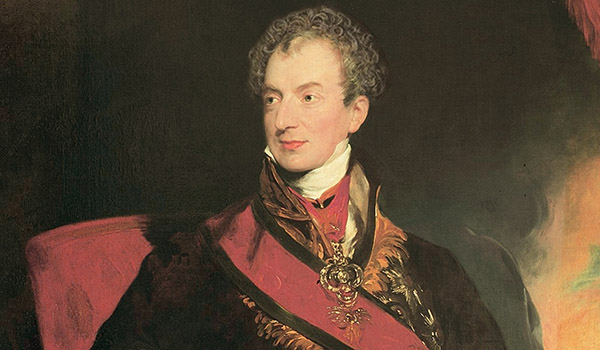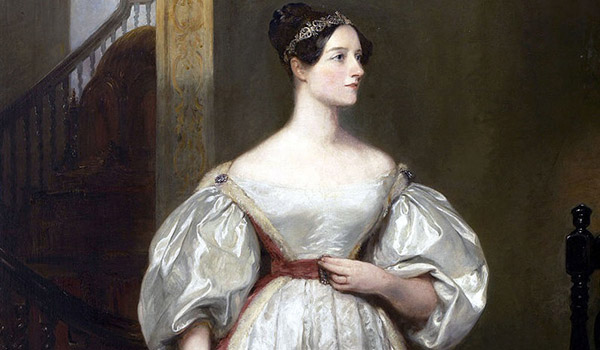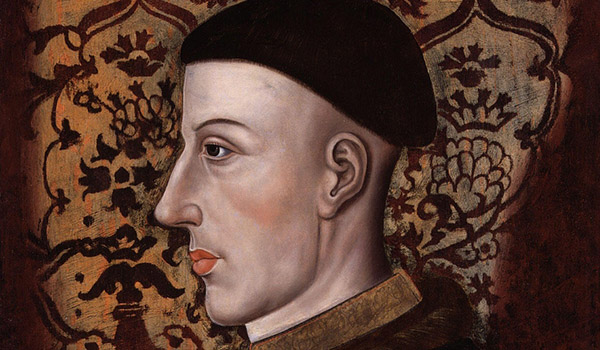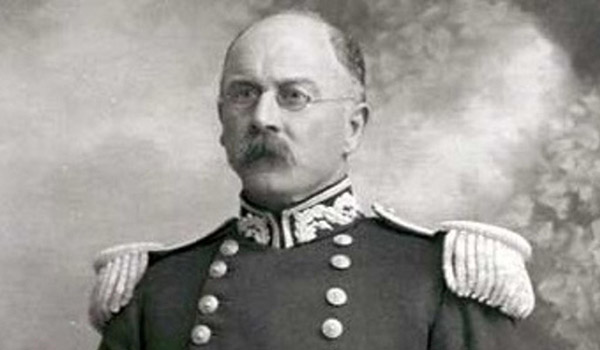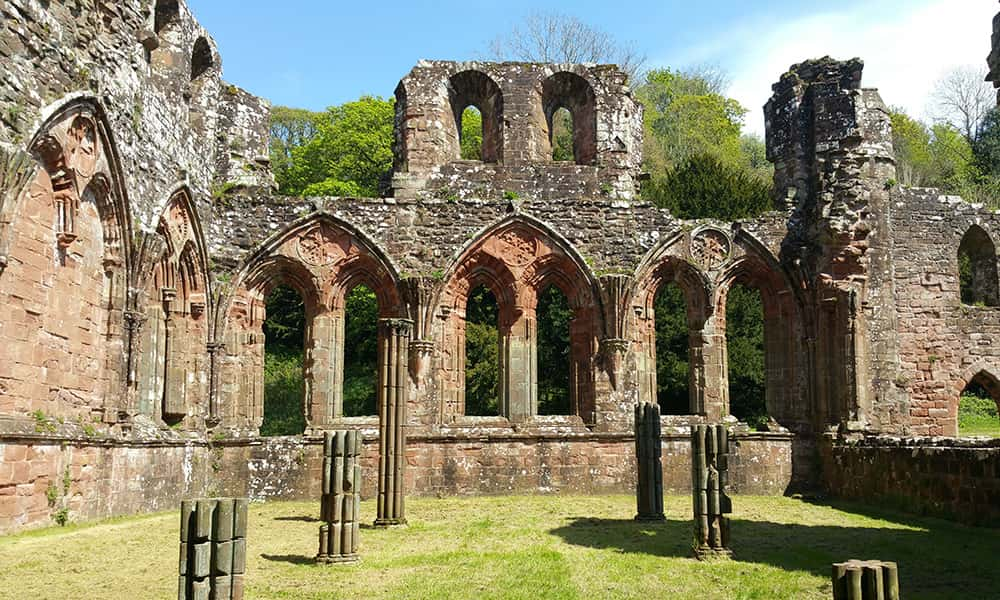Apply online
To submit an application, simply create an account on the My Applications website and then select ‘Create a new application’ from your homepage once you are logged-in.
Using your account on the My Applications website, you are able to submit applications for the programme(s) which you wish to study, upload supporting documentation and provide us with information about referees.
Current Lancaster Students
If you are a current Lancaster student, or you have recently graduated from Lancaster, we can reduce the amount of information that you will need to provide as part of your application. You will need to provide only one reference and will not need to supply your Lancaster degree transcript. We will also pre-fill your personal details, ready for you to check.
What should I include?
If you use the My Applications website then you will be advised which documentation you need to upload or send to us. We can automatically contact your referees once you have submitted your application if you ask us to.
The supporting documentation screen will provide you with a list of required documents. These will usually include:
- Degree certificates and transcripts of previous higher education (college/university) degrees or other courses that you have completed/for which you are currently studying. For transcripts in languages other than English, a certified English translation will be required.
- A personal statement to help us understand why you wish to study your chosen degree.
- You also need to complete a research proposal which should include the following:
- the research area you are interested in
- the research question(s) you are specifically interested in
- who within History appears best qualified to supervise you
- the methods you envisage using in your studies
- plus any other information which may be relevant
- Two references
- If English is not your first language, we require copies of English language test results.
When to apply
You can apply at any time of the year for PhD study, but we encourage you to start at one of the predefined start dates of October, January or April. In some circumstances, July start date will be considered.
If you wish to be considered for funding, are applying from overseas or require on-campus accommodation, we recommend you apply as early as possible.



